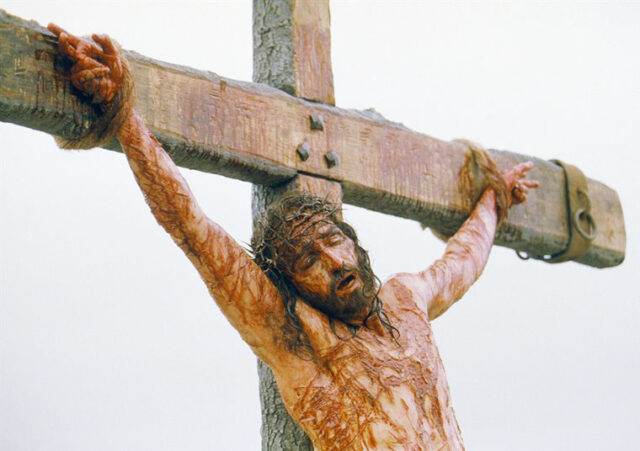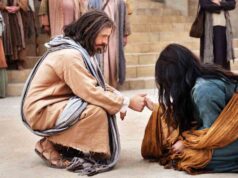
The seven last sayings of Jesus at the Cross (part 2)
Fourth and Fifth
By Pr Isaiah White
“My God, my God, why hast thou forsaken me? -Matthew 27:45-46:
It is pertinent to all of us to revisit the experience in the Garden of Gethsemane in Matthew 26:36-46.
When Jesus was in that Garden, too much happened that our physical eyes might not easily capture.
The Garden of Gethsemane explains the pain our Master underwent to secure our salvation.
What Jesus suffered while in the Garden of Gethsemane was not just an emotional breakdown or a matter of stress, but spiritual warfare that entailed His personality.
The pain and despair of a God dying for the human race were fully experienced by Jesus Christ in that Garden; no wonder He kept on praying for the possibility of its removal.
In all the pain that Jesus went through, He exhibited total dependence on God. His prayer always ended with these words: “Not as I wish but thy will be done.”
This indicates that though Jesus suffered as a man for our sins, God had not left Him even then. He was still with Him, and amidst all that pain, He was comforted by the presence of God.
Gethsemane serves as the background for the fourth saying.
It was only at the Cross that the father deserted the Son and that is how we came to have our fourth last saying.
Jesus wept and screamed: “My Father, My Father, why have you forsaken me”.
We must understand that God the Father did not leave Jesus Christ because He was a sinner, we all know that Jesus never sinned.
He was perfect, and that is how He was able to be our representative and Saviour.
God did not also desert Jesus because of sin. We all know God does not desert us because of that, by grace, He is always with us regardless of our sin. God deserted Jesus at the Cross because at the Cross, He became sin itself.
2Corinthians 5:21 says: “God made him who had no sin to be sin for us so that in him we might become the righteousness of God.”
God forsook Jesus because at the Cross the Saviour became a strange thing to divinity.
He became sin, and God the Father had no option but to desert Him. It is after Jesus saw His beloved Father leaving Him that He yelled: “Eloi, Eloi, lama sabachthani?” which means, “My God, my God, why have you forsaken me?”
While Jesus suffered the agony of sin, everything divine in Him was consumed and at that point, He realized His Father had left and for once in eternity, Jesus and His Father were separate and apart.
This was not mere loneliness that led to the screaming of our Lord, but estrangement between Him and the Father.
“I am thirsty”- John 19:28
Every human being understands the physical dangers of ‘thirst’. There are many scientifically proven dangers of thirst and doctors advise that we avoid it.
In fact thirst in the medical world is not the problem but a symptom of a bigger problem.
The fifth last word of Jesus in His dying moment has too much to point all of us at.
When Jesus said ‘I Thirst’, He used a deep figurative term that any reader of the Bible should draw meaning from.
According to Biblical lexicons, the word ‘thirst’ in the Hebrew Bible is translated as Sama and in the New Testament Greek it can be translated as Dipsos.
The best translation that can ever be attributed to both the Hebrew Sama and the Greek Dipsos in context would be a craving for something or a longing.
It could even be right to translate these words as a desire for something. It looks like the audience at the Cross missed the point of Jesus Christ when He said, ‘I Thirst’.
His thirst was not for any materialistic thing as all human thirst is. Jesus had a thirst for sinners.
He went to the well not for literal water, but for the woman who had come to fetch it. He was at the cross naked and thirsty for any of us who would believe His act of love.
Jesus’ words “I thirst” may have pointed not only to His willingness to save all sinners regardless of their state.
Jesus our Creator and Saviour thirsts for our worship when He sees us worship all sorts of idols both human and materialistic.
As He died He was raised at the Cross to look at His creation and looked at how we all were misled and said, ‘I Thirst’.





















